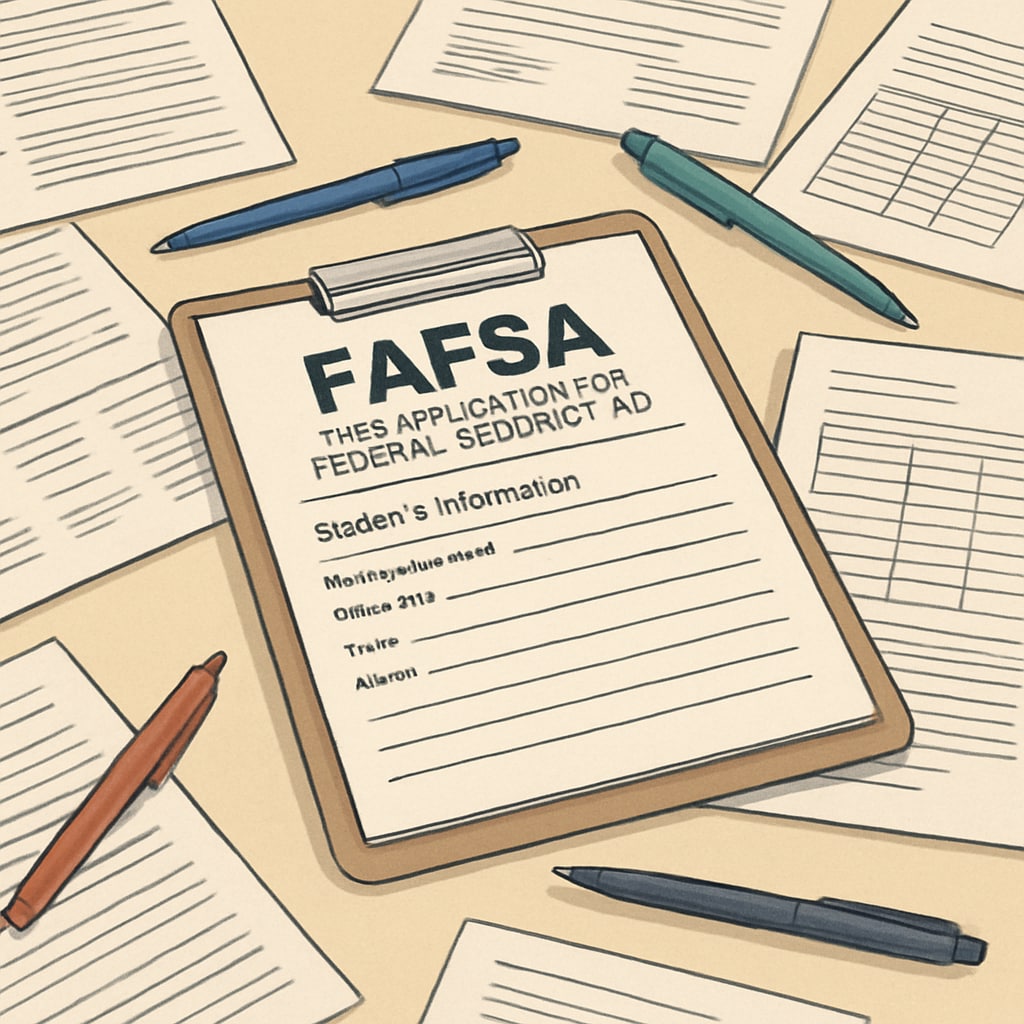Rising tuition costs in the United States have left countless students scrambling to fund their education. Many are now turning to crowdfunding platforms as their last resort to cover expenses for their final semester. Whether preparing for medical school applications, struggling with FAFSA (Free Application for Federal Student Aid) complexities, or simply trying to stay enrolled, these students face mounting financial pressure that threatens their academic ambitions. This phenomenon raises critical questions about the accessibility of education and the gaps in financial literacy among young adults.

The Rising Cost of Tuition: A Growing Crisis
Over the past two decades, tuition costs at public and private universities have soared to unprecedented levels. According to Britannica, the average cost of attending a four-year public university has increased by more than 200% since the early 2000s. This surge has led to an alarming rise in student debt, currently totaling over $1.7 trillion in the U.S. As a result, students who cannot secure sufficient financial aid through FAFSA or other scholarships often find themselves in dire situations, forcing them to seek alternative funding methods like crowdfunding.
Crowdfunding platforms such as GoFundMe and Kickstarter have become popular among students aiming to bridge the gap between their available funds and tuition fees. While these platforms provide an accessible way to raise money, they also highlight systemic flaws in the current higher education financing model.
FAFSA Limitations and Their Impact
FAFSA is designed to provide students access to federal grants, loans, and work-study opportunities. However, its limitations often leave students without the necessary financial support. For example, the Expected Family Contribution (EFC) calculation assumes that families can contribute a significant amount toward tuition, which is not always realistic.
Many students are also unaware of how to navigate FAFSA effectively, leading to errors that can disqualify them from receiving aid. A lack of financial literacy in the K-12 education system exacerbates this issue, leaving students unprepared to manage their educational expenses. As a result, crowdfunding becomes an appealing alternative, but it is not without its challenges.

The Role of Financial Literacy in Education
Financial literacy is often overlooked in the American education system, particularly in the K-12 years. Without foundational knowledge of budgeting, saving, and investing, students are ill-equipped to handle the financial responsibilities of higher education. This lack of preparedness can lead to poor decision-making, such as relying heavily on high-interest private loans or underestimating the long-term impact of student debt.
Introducing financial literacy courses early in students’ academic journeys could significantly reduce their reliance on crowdfunding and other emergency funding methods. For example, teaching students how to read FAFSA documents, understand loan terms, and explore scholarship opportunities could empower them to make informed financial decisions.
Medical School Aspirants: A Unique Challenge
For students planning to apply to medical school, the financial strain is even greater. In addition to undergraduate tuition, they must consider application fees, MCAT (Medical College Admission Test) preparation costs, and future expenses for medical school itself. Crowdfunding is increasingly common among these students, as they often lack access to sufficient financial aid to cover both their immediate and long-term educational needs.
The high cost of pursuing a medical degree often deters talented individuals from entering the field, despite the growing demand for healthcare professionals. This issue underscores the broader societal implications of inaccessible education financing.
Key Takeaways:
- Tuition costs are rising, making higher education less accessible for many students.
- FAFSA limitations and lack of financial literacy contribute to students’ reliance on crowdfunding.
- Medical school applicants face unique financial challenges that amplify the need for alternative funding solutions.
- Integrating financial education into earlier schooling could reduce students’ financial struggles in college.
As tuition continues to rise, the need for systemic changes in education financing becomes increasingly urgent. Crowdfunding may provide temporary relief, but it is not a sustainable solution for addressing the financial barriers to education. Instead, a focus on financial literacy and reforming FAFSA could pave the way for a more equitable system that supports students in achieving their academic dreams.


